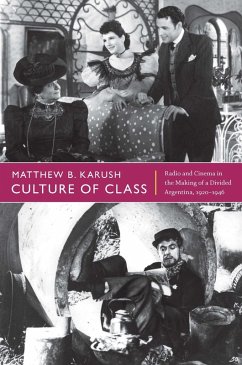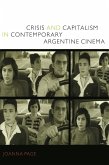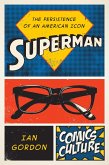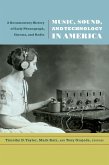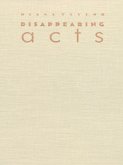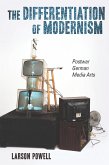In an innovative cultural history of Argentine movies and radio in the decades before Peronism, Matthew B. Karush demonstrates that competition with jazz and Hollywood cinema shaped Argentina's domestic cultural production in crucial ways, as Argentine producers tried to elevate their offerings to appeal to consumers seduced by North American modernity. At the same time, the transnational marketplace encouraged these producers to compete by marketing "authentic" Argentine culture. Domestic filmmakers, radio and recording entrepreneurs, lyricists, musicians, actors, and screenwriters borrowed heavily from a rich tradition of popular melodrama. Although the resulting mass culture trafficked in conformism and consumerist titillation, it also disseminated versions of national identity that celebrated the virtue and dignity of the poor, while denigrating the wealthy as greedy and mean-spirited. This anti-elitism has been overlooked by historians, who have depicted radio and cinema as instruments of social cohesion and middle-class formation. Analyzing tango and folk songs, film comedies and dramas, radio soap operas, and other genres, Karush argues that the Argentine culture industries generated polarizing images and narratives that provided much of the discursive raw material from which Juan and Eva Perón built their mass movement.
Dieser Download kann aus rechtlichen Gründen nur mit Rechnungsadresse in A, B, BG, CY, CZ, D, DK, EW, E, FIN, F, GR, HR, H, IRL, I, LT, L, LR, M, NL, PL, P, R, S, SLO, SK ausgeliefert werden.

